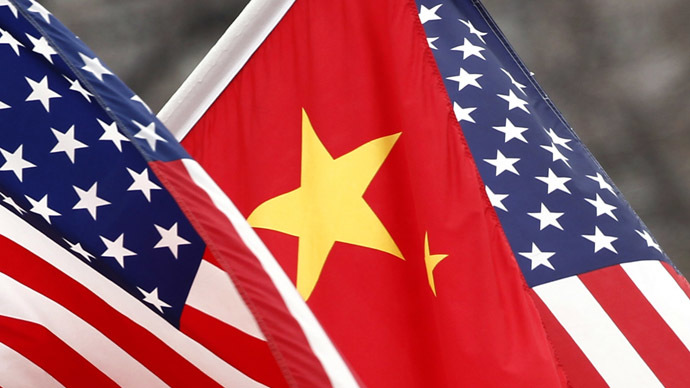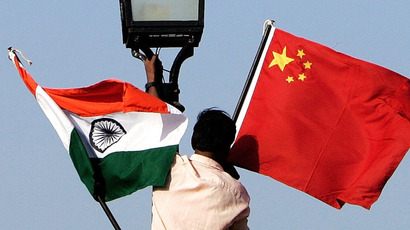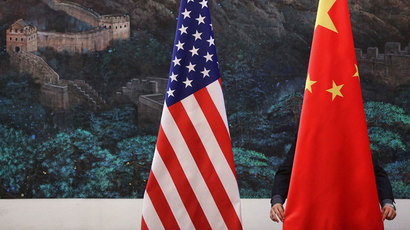No longer #1? China may replace US as biggest economy this year – World Bank

Sometimes size DOES matter. China may pass the US and become the world’s most important economy this year, according to the World Bank. It would take the position the US has held since 1872.
Previous studies have suggested China could become the world's biggest economy by 2019.
Ever since the 2008 financial crisis, the Chinese economy has contributed a quarter of total global growth. Between 2011-2014, China’s economy will account for 24 percent, according to IMF estimates.
In comparison the US economy will only show an increase of 7.6 percent over the same period.
The predictions are hard to calculate as the latest estimates are based on purchasing power parity. The index attempts to assess the size of an economy based on the assumption that prices of non-tradable goods and services are a lot lower in poorer countries, says the Financial Times (FT).
The evaluation process of the service may differ, as a haircut in China may cost much less than in the US, however its quality may differ as well.
The same problem touches upon the quality of tangible goods. A DVD player bought in China may be way cheaper than a US one, however there is no warranty that it will last longer than several months. Besides US goods are sold with far more consumer protection laws, which through more scrutiny and inspection, delivers a better product.
Another barrier in measuring the true size of the economy is the availability of trusty data, as China is controlled by a secretive authoritarian government that sometimes manipulates data for political purposes.
It has a huge amount of illegal and unaccounted for ‘shadow’ income sourced from corruption, a sex industry, numerous illegal street vendors, and other services sectors that are not counted in official statistics. Therefore the ‘shadow’ economy could be more than 20 times bigger than official figures report.
The Chinese economy may be 20 percent larger than official figures show, this it may have overtaken the US several years ago, says the FT.
Meanwhile the living standards of the average Chinese citizen are still far lower than those in many developing countries.
According to the International Monetary Fund, China’s economy ranked 93 in per capita purchasing power parity terms. That was just ahead of Turkmenistan and Albania but well behind Libya, Azerbaijan and Surinam.
That means that on average China’s 1.36 billion people are unlikely to catch up with Western living standards for many decades to come.














